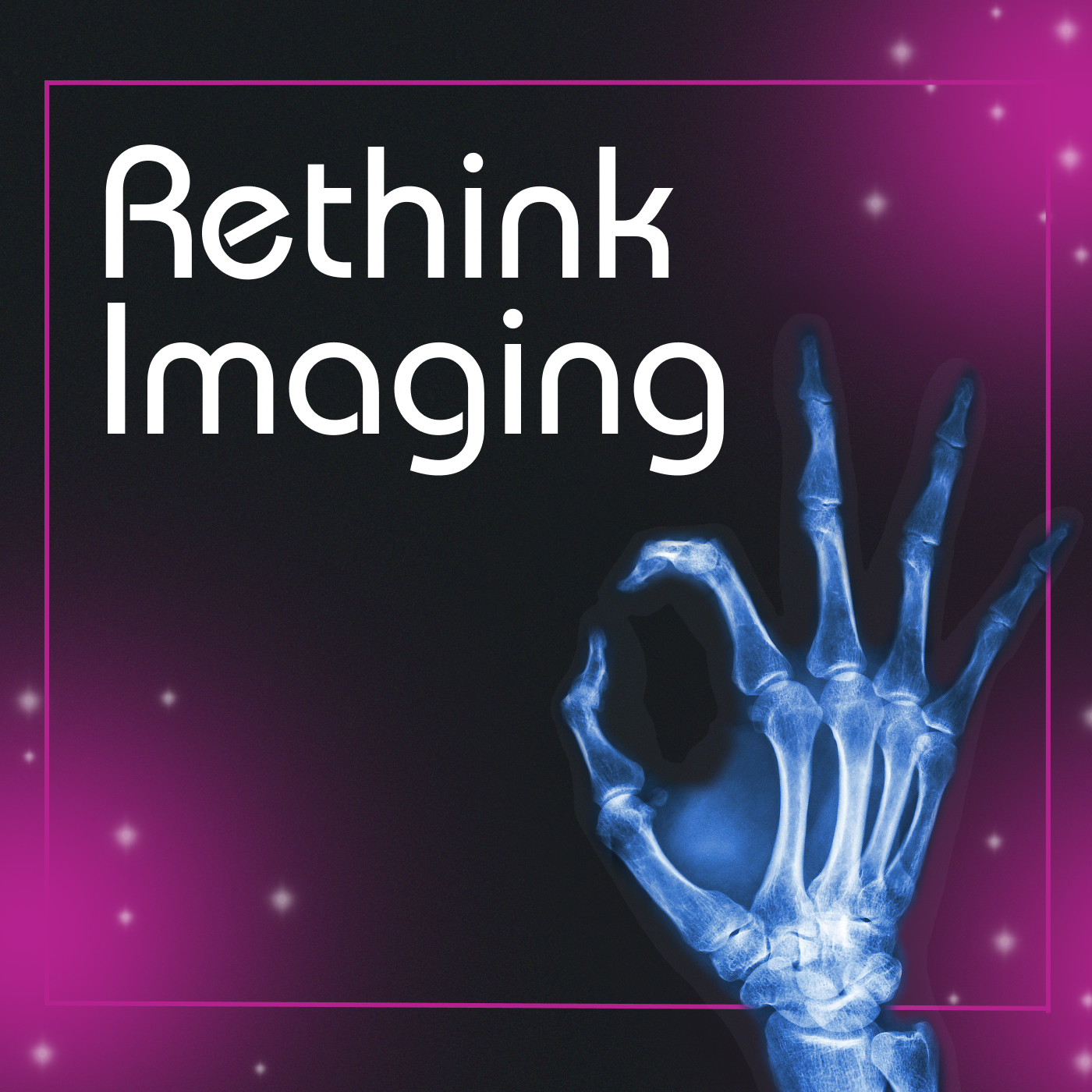Overhauling Medical Physics: Transforming Annual Testers into Quality Partners
August 26, 2025

In Part 2 of Frame by Frame: Rethink Imaging, host Chris St John continues his conversation with medical physicist Brad Lofton, diving deeper into how the profession must evolve from compliance-driven tasks to becoming true partners in problem-solving and patient-centered care.
They explore the principles of Medical Physics 3.0, why emotional intelligence matters as much as technical expertise, and how innovative models can extend high-quality physics services to rural hospitals. This instalment challenges traditional approaches and provides a practical vision for physicists as integral drivers of quality and efficiency in radiology departments.
In Part 2 of this two-part series on Frame by Frame: Rethink Imaging, host Chris St John welcomes back medical physicist Brad Lofton, CEO of Colorado Associates in Medical Physics and a recognized thought leader in imaging physics.
Lofton brings extensive experience from both academic centers and community hospitals, where he has advanced Medical Physics 3.0 initiatives and championed quality management programs that reshape how physics supports patient care.
Building on Part 1’s diagnosis of the challenges facing the profession, Lofton dives into actionable strategies for repositioning medical physicists as collaborative problem-solvers rather than compliance checkers. He underscores the importance of emotional intelligence (EQ) alongside technical expertise (IQ), highlighting how relationship-building with radiologists and administrators is critical to embedding physicists into clinical operations.
The discussion explores how continuous quality monitoring and real-time assurance technologies can replace outdated pass/fail testing, allowing physicists to identify and prevent issues before they impact patients. Lofton also addresses the operational and financial literacy needed for physicists to demonstrate value to healthcare leaders, ensuring they are seen as contributors to both quality and efficiency.
A strong advocate for healthcare equity, Lofton emphasizes that rural and community hospitals deserve the same caliber of physics support as major academic institutions. He shares innovative models for delivering high-quality physics services in resource-constrained environments, helping bridge gaps in access.
For executives and imaging professionals, this conversation offers a roadmap for transforming medical physics into a problem-solving specialty that elevates patient care, strengthens departmental performance, and secures the future of the profession.
What You’ll Learn:
- Why medical physics must evolve beyond annual compliance checks to continuous quality improvement
- How to apply Medical Physics 3.0 principles for patient-centered imaging care
- The importance of building collaborative relationships with radiologists and administrators
- Why emotional intelligence (EQ) is just as crucial as technical expertise (IQ) for physicists
- How to leverage new tools for real-time quality monitoring in radiology
- Pathways to repositioning physics as a problem-solving specialty, not just a compliance function
- Why understanding operations and finances increases physicists’ impact and credibility
- Strategies for expanding high-quality physics support to rural and community hospitals
Chapters:
[00:00] Intro and Welcome to Frame by Frame
[00:49] Evolving Role of Medical Physicists in Healthcare
[03:39] Understanding Physics 3.0 and Patient-Centered Care
[06:35] Real-Time Quality Monitoring and CMS Requirements
[09:49] Breaking Away from Traditional Approaches
[15:36] Shifting from Compliance to Value Creation
[18:34] Building Better Relationships Between Physicists and Clinical Staff
[22:33] Rethinking Dose Optimization and Clinical Protocols
[24:59] Vision for the Future of Medical Physics
[28:31] Closing Thoughts and Rural Healthcare Challenges
Frame by Frame: Rethink Imaging Podcast is handcrafted by our friends over at: fame.so